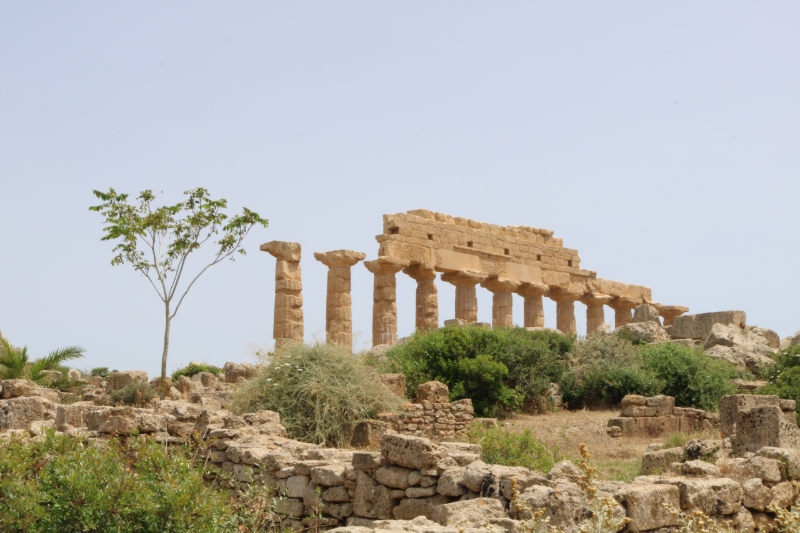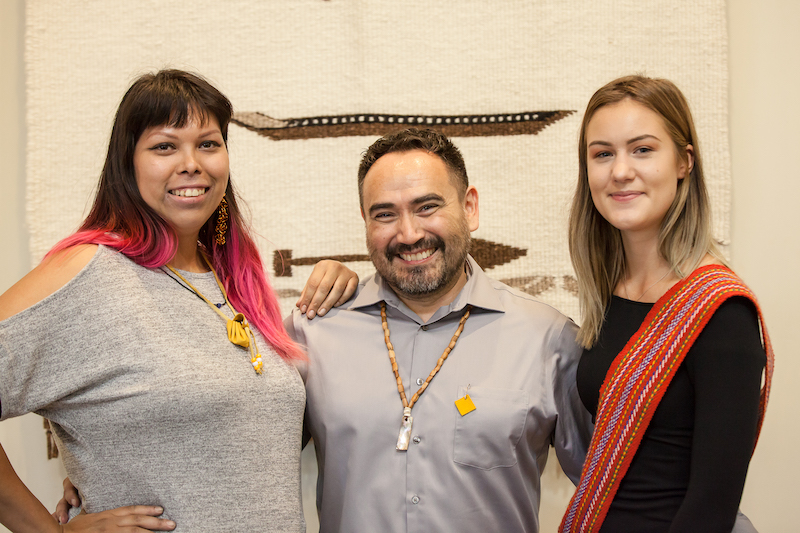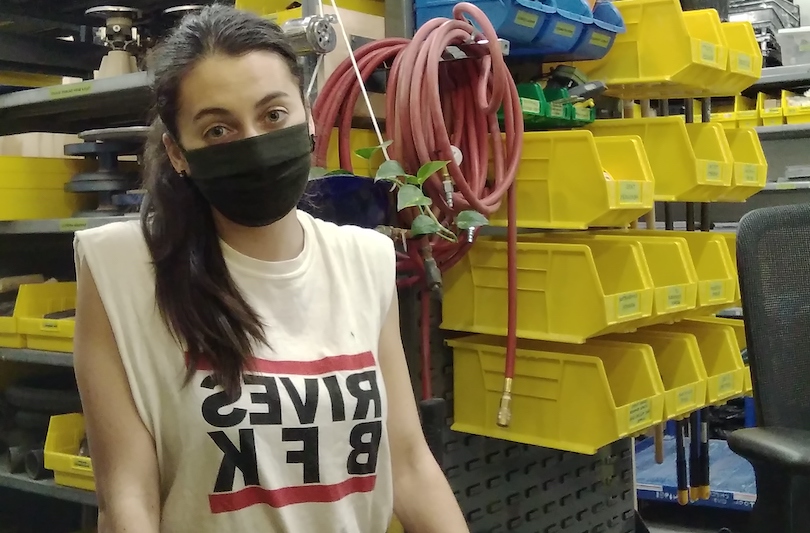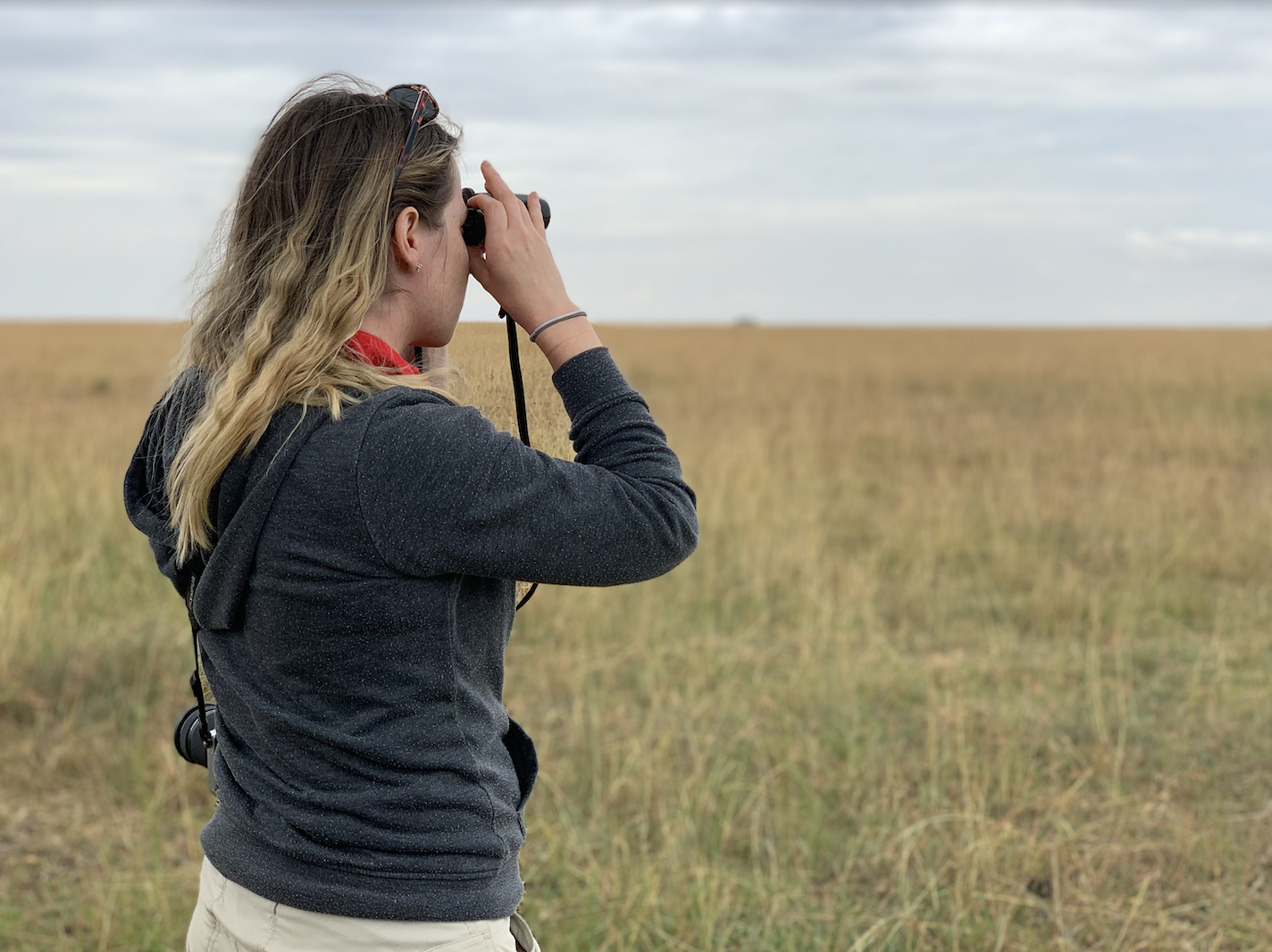
When the van Arden D'hont was riding in broke down on a remote road in Kenya, she embraced the uncertainty of the moment and soaked in the rare and wild occurrence of being in that particular place and time in her life. She was in Africa after all, on the opposite side of the world from where she called home, with a wide blue sky above, a seemingly endless horizon on either side of the road, and an opportunity of a lifetime to learn and immerse herself in another culture. What was a bit of mechanical trouble when she could stare out at the Masai Mara in all its rugged beauty?
Reflecting on her time in Kenya, Arden is grateful she took the opportunity to participate in Langara's International Service Trip (LIST) to Kenya when she did because not long after, the entire world shut down due to the pandemic.
Originally from Yellowknife, in the Northwest Territories, Arden had moved to Vancouver where she had family and figured she'd take general courses at Langara then transfer to UBC. But soon after arriving at Langara, things shifted for her as she got to know the college environment. "I just loved the community there so much, and I loved going to the Indigenous Gathering Space." It was in that welcoming space that Arden first heard about a service-learning opportunity from fellow students. With some encouragement from then Indigenous Engagement coordinator, Jimmy Aitken, Arden took the leap and signed up for LIST.
While international travel wasn't new to Arden, (she’d explored and lived in France for a year before moving to Vancouver,) going to Africa seemed like a far greater challenge. "I made this mantra for myself," she explained. "You only live once right? I told myself, it's on your bucket list. Just go."
As a member of the inaugural trip, the idea was that Arden, along with her fellow Langara volunteers on the trip, would be providing hands-on support in a local community in the Masai Mara while increasing their awareness of local and global cultural issues.
For Arden, she knew she wanted to "experience everything" and be a respectful collaborator. Before she went, she tucked in a pair of beaded earrings to give as a gift, something as an Indigenous person she felt was a meaningful gesture when a guest on Indigenous lands—even if it was halfway around the world.

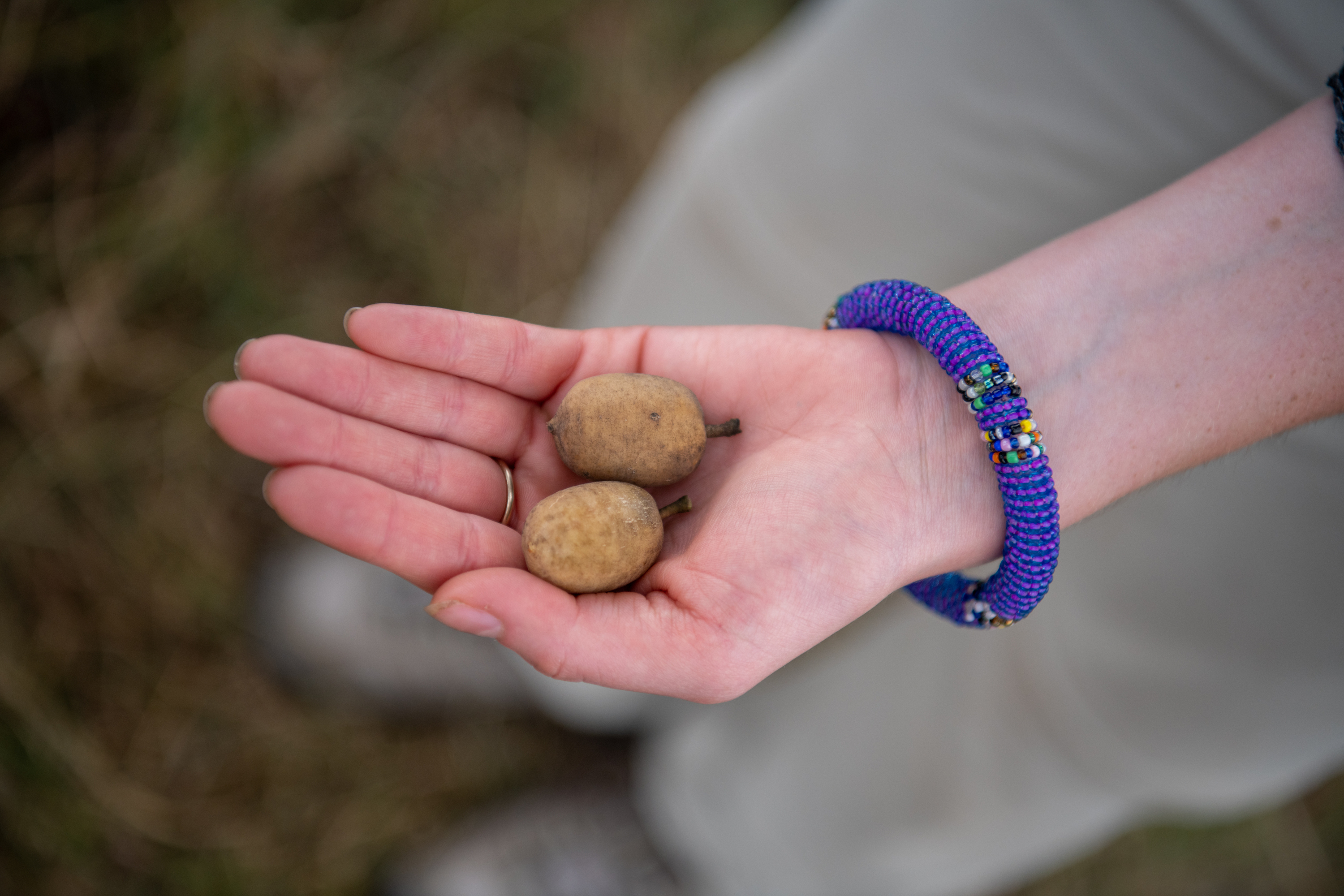
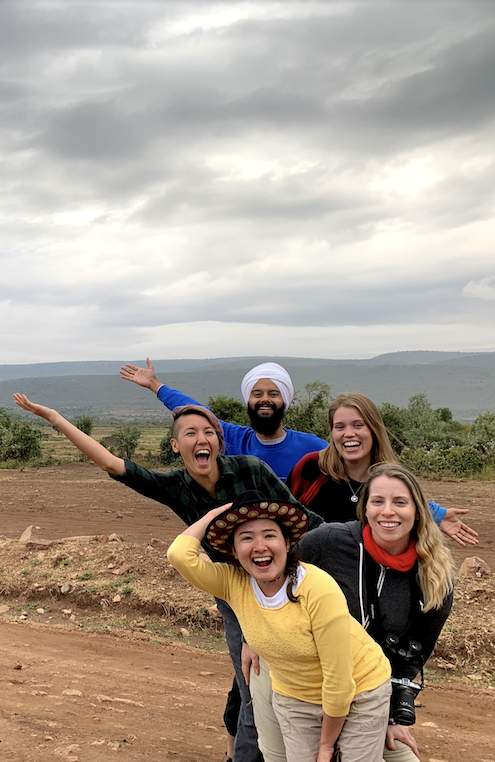
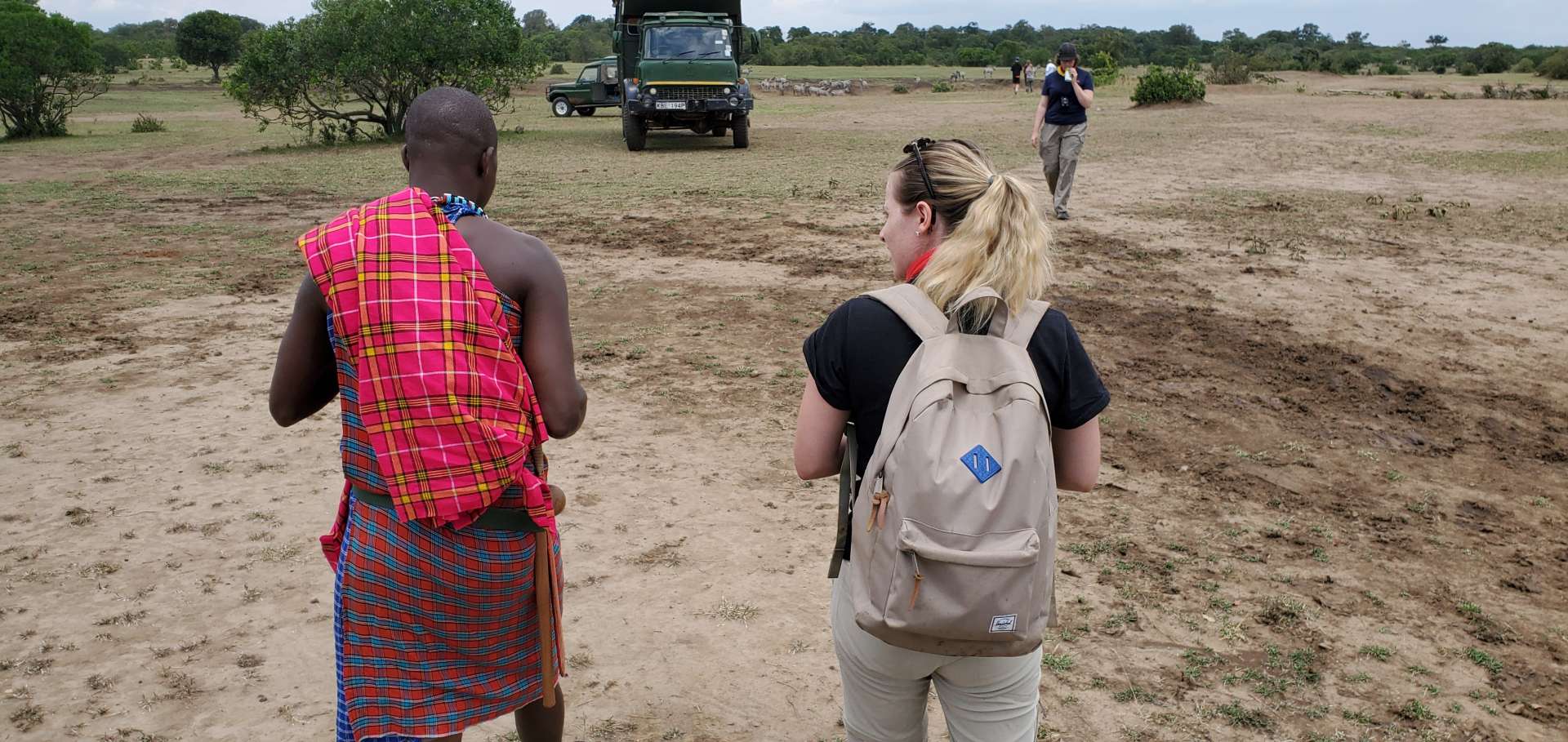
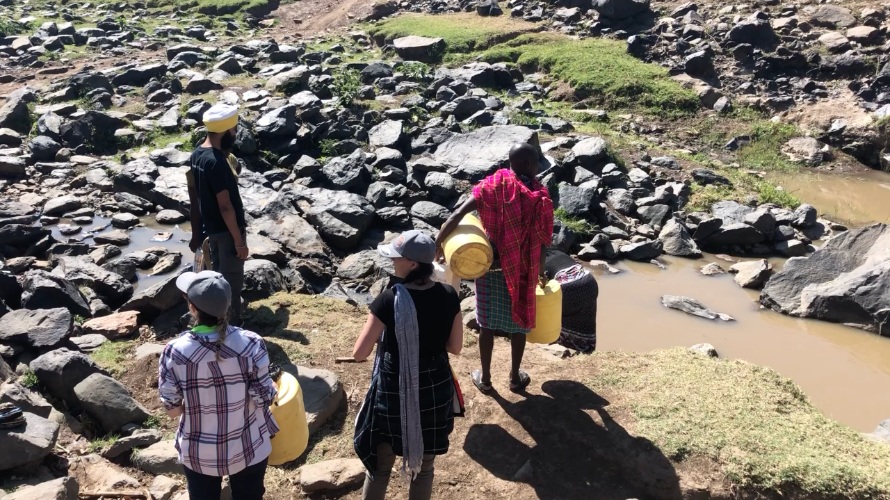
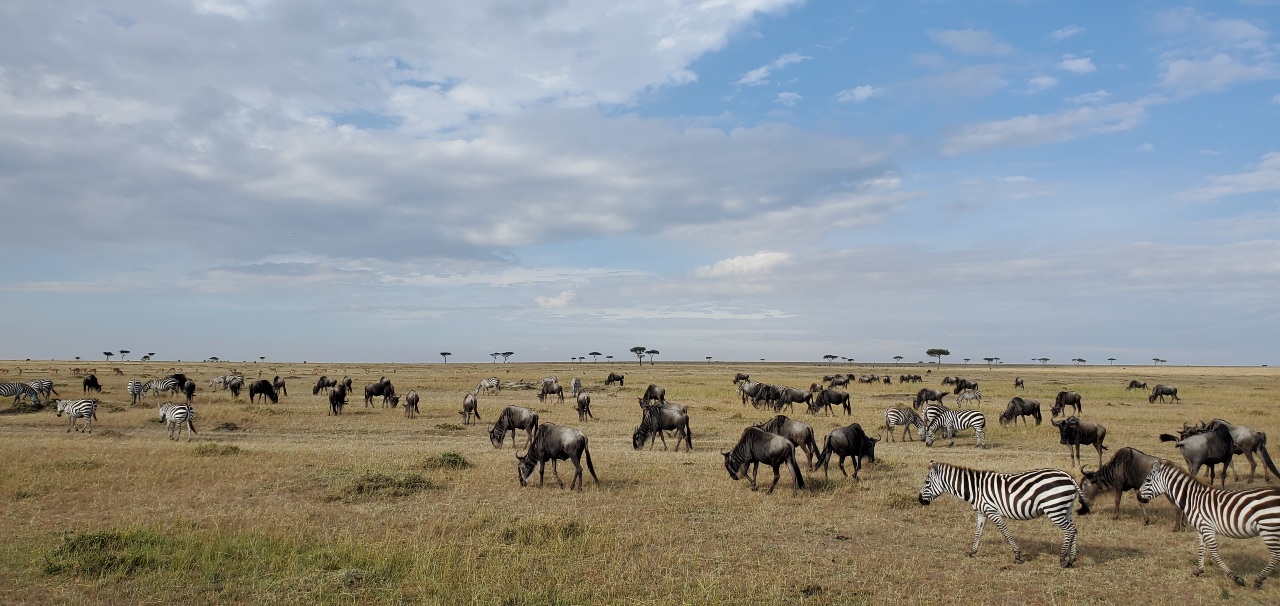
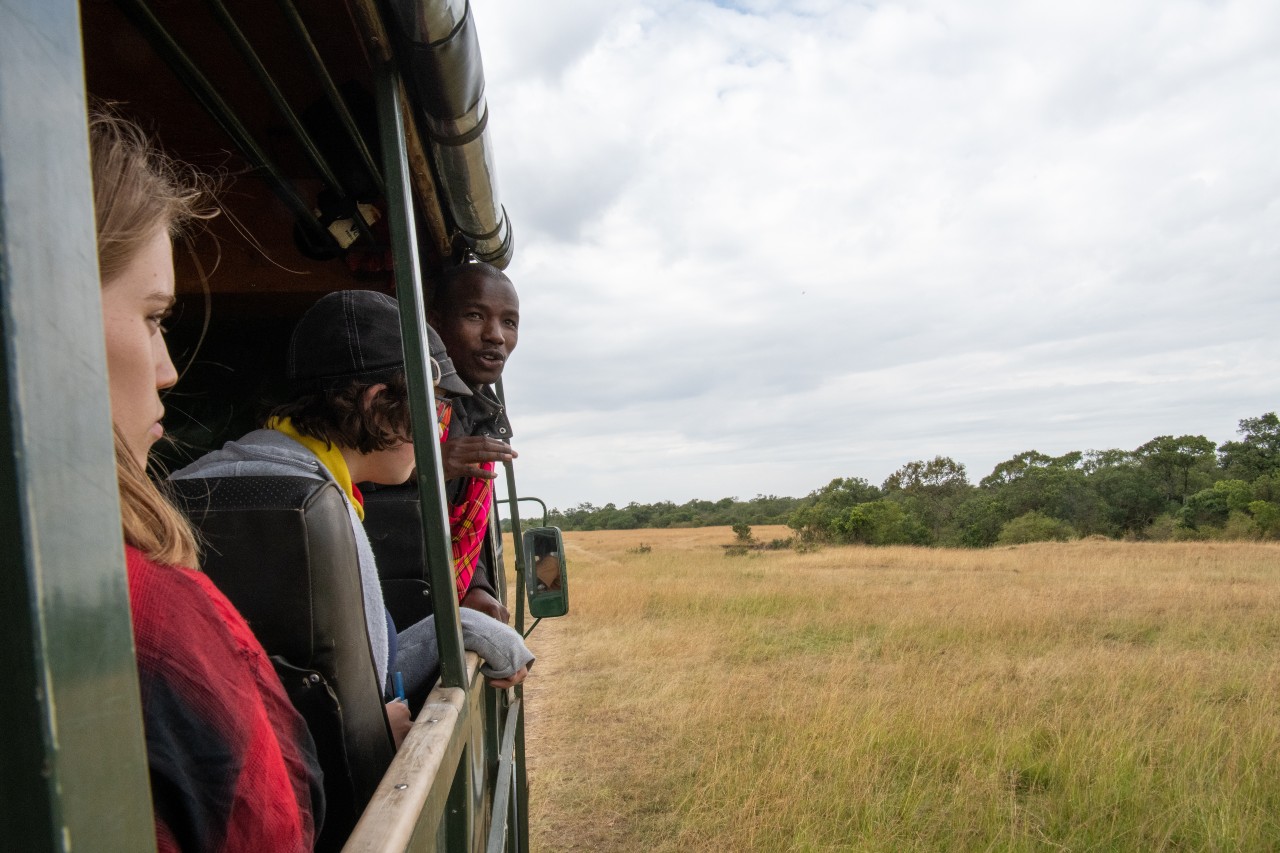
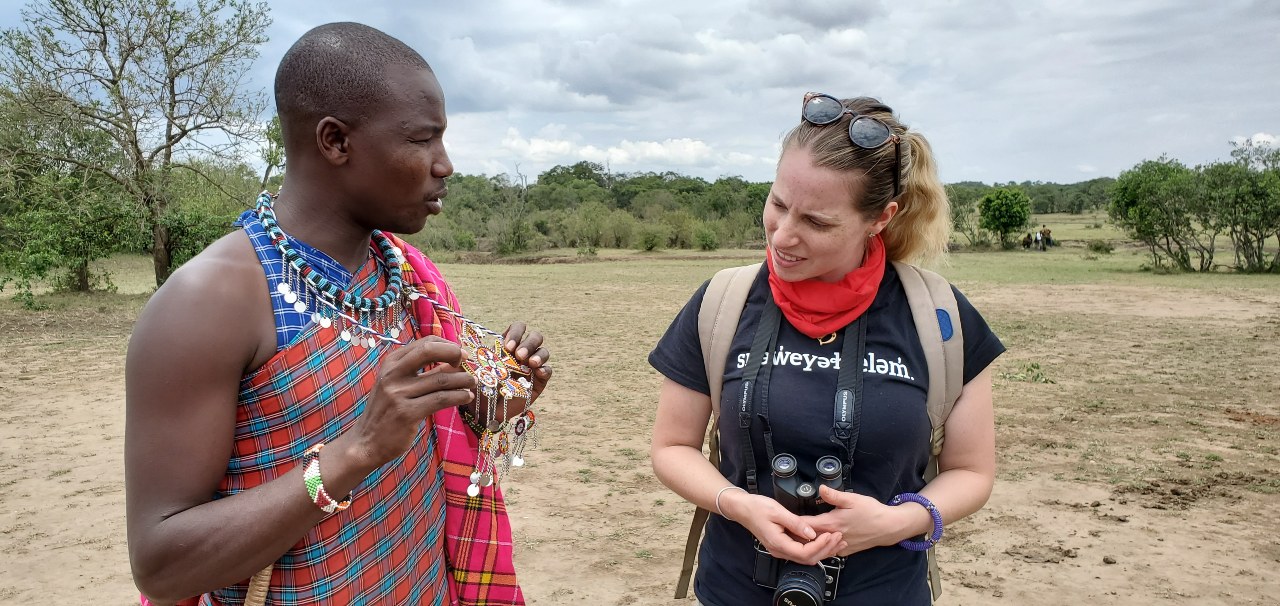
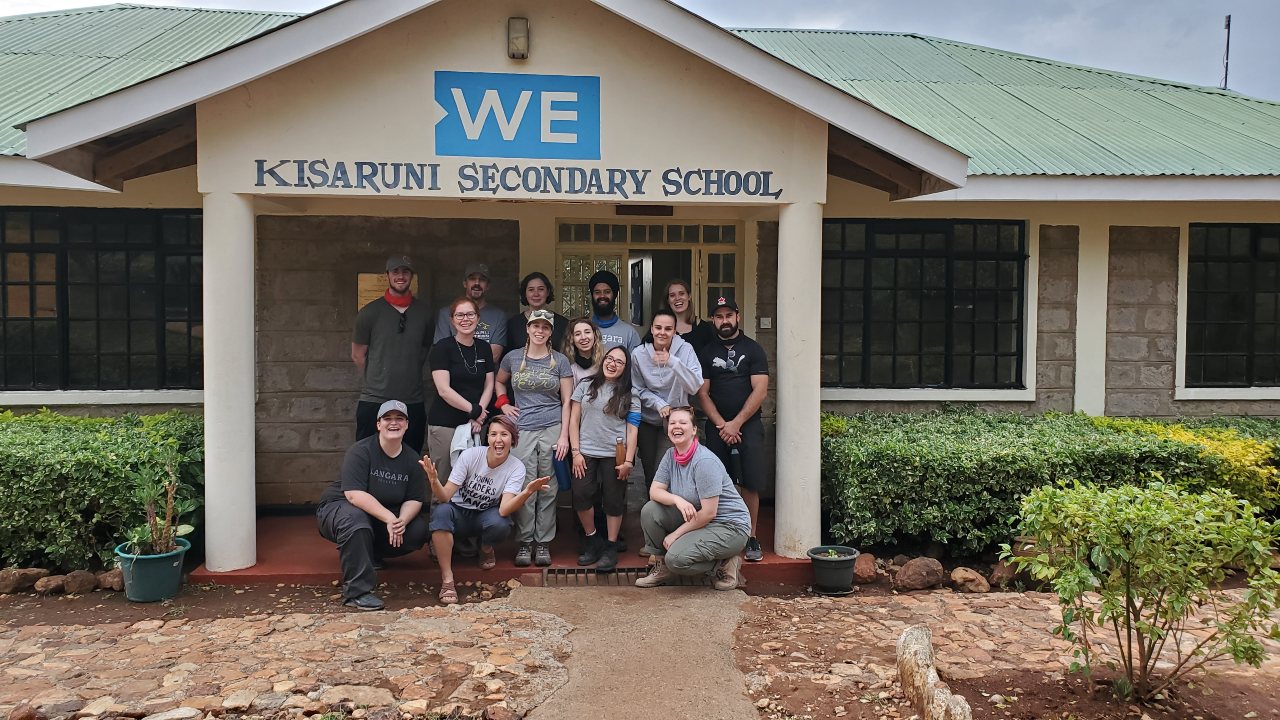
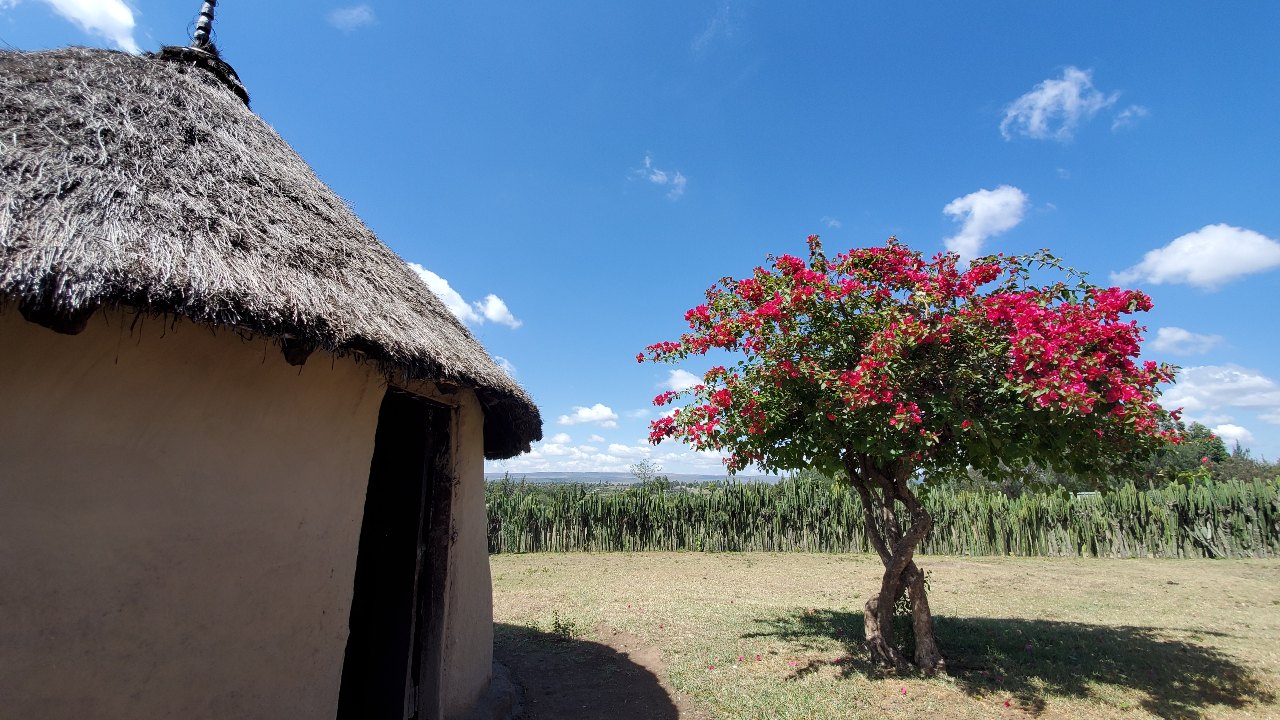
Cultural Connections
Arden arrived in Nairobi then travelled to the Masai Mara region with 14 other Langara students. Upon arrival in Chemagal, they were met with song.
"The people were so happy to have us and were super welcoming. I loved that they were singing when we got there. We had a singing dance party and it was just really emotional."
Almost instantly, Arden started to connect to the cultural traditions and noticed similarities to some of her Indigenous cultural practices and experiences. As a daughter of Indigenous parents, North Slave Metis Alliance on my father's side and Manitoba Metis on her mother's, Arden's insights and learning during some of the activities took a different perspective, one informed from her Indigenous knowledge unique to her family and community experiences. One of the experiences the students participated in was walking with the women of the village to get water. Arden recognized that it was a time for the women to talk, connect about their lives, and share stories. Water access is a critical need for the Chemagal people, but there were other important cultural layers Arden recognized embedded in the experience that had “sacred components.”
Her natural curiosity about the women's lives opened up conversations as she sought to understand the challenges the women faced day-to-day. She recognized a similarity in the way they saw nature and their reverence for wildlife, their livestock, and the environment. "In Indigenous cultures, you're taught that you don't know everything," explains Arden. "And you're taught to know that the most dangerous thing is Mother Nature because she can take things away or give you things—she's the ultimate power like it or not."
"In Indigenous cultures, you're taught that you don't know everything," explains Arden. "And you're taught to know that the most dangerous thing is Mother Nature because she can take things away or give you things – she's the ultimate power like it or not."
Arden recognized a similar philosophy at work in the community and pushed to experience an authentic and traditional feast that she and her fellow students could have as part of their experience. "Just the coolest thing ever was when all the Langara staff who were with us bought a goat so that we could have a traditional Kenyan meal," Arden remembers. She had pushed for more traditional foods to be incorporated because she saw it as a way they could, as students, really get to know the community in a short amount of time. "Feasting in my Indigenous culture so important," says Arden. When the meal was shared, she suddenly felt a more genuine interaction between the community and the Langara students and staff. "Having that opportunity to share food and connect with the community, you're able to feel that really strong connection to one another."
Gifts of Friendship
The International Service Trip to Kenya not only connected Arden to a culture and people she might not otherwise have known, it also gave her friendships despite the brief time she spent in Chemagal. "I really loved the connections I made there," reflects Arden.
She's since remained in contact with one of the Masai facilitators with whom she'd forged a friendship during the trip. She gifted her the beaded earrings she'd brought because, in her culture, that is "how we like to honour things," says Arden. "That is one way we like to build relationships." In turn, she was given a Masai bracelet.
"It was just fascinating, because we have beading in my culture, then you realize, even though I'm from a different part of the world, it's like, we're all still the same. And we're really a little bit more interconnected than we think. That part for me was a huge learning moment."
It's also why she wants to return to Kenya one day because the trip "barely scratched the surface", she explains. knowing there is still so much to learn about the place and people she met during her LIST experience.
